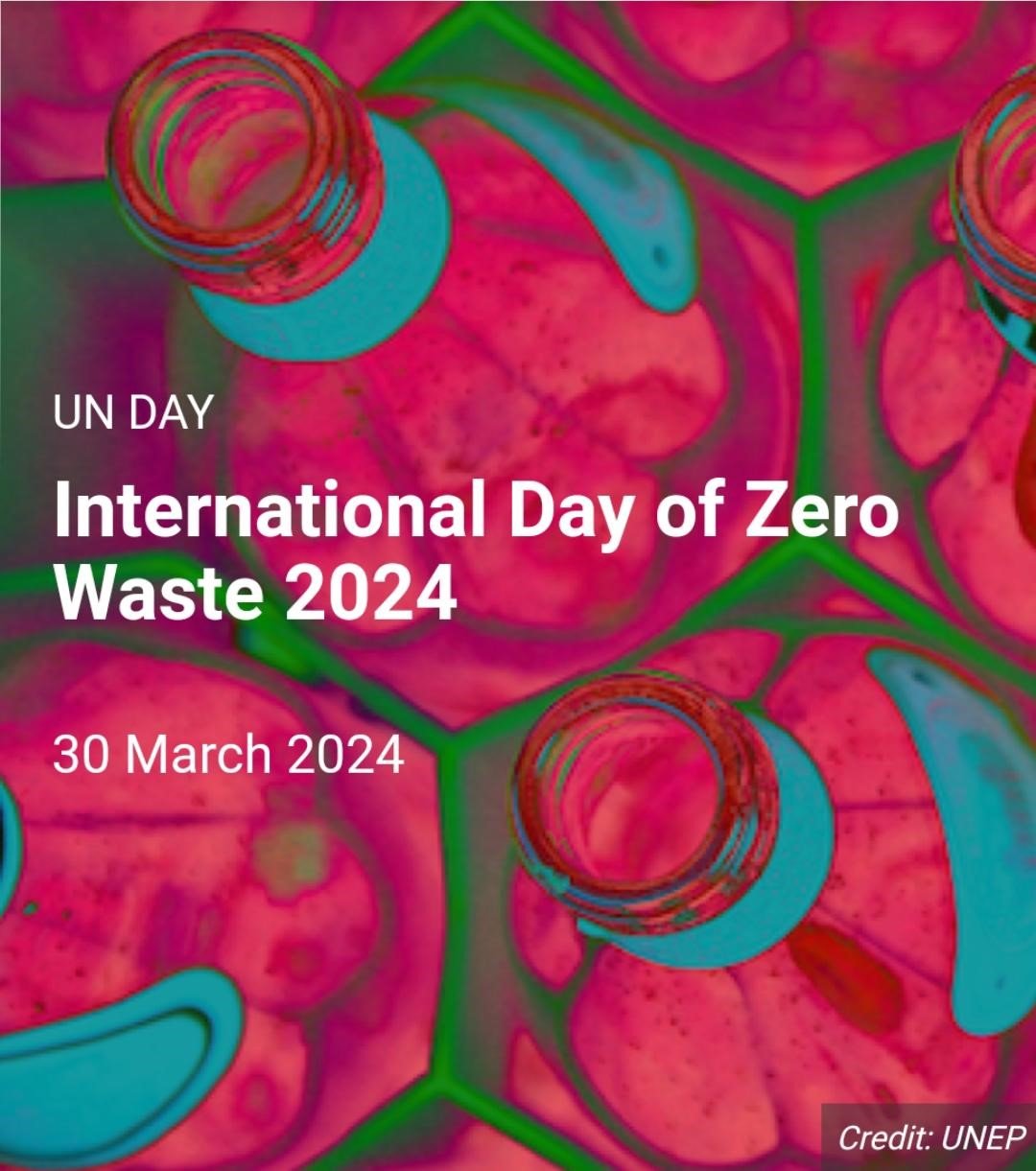The International Day of Zero Waste is marked annually on March 30 to highlight both the importance of bolstering waste management globally and the need to promote sustainable consumption and production patterns.
On 14 December 2022, the United Nations General Assembly adopted a resolution at its seventy-seventh session to proclaim 30 March as International Day of Zero Waste, to be observed annually. Türkiye put forward the resolution and 105 other countries joined in sponsoring it. It follows other resolutions focused on waste, including “End plastic pollution: towards an internationally legally binding instrument”, adopted at the United Nations Environment Assembly on 2 March 2022.
According to the UN Environment Programme (UNEP), every year, humanity generates between 2.1 billion and 2.3 billion tonnes of municipal solid waste. Some 2.7 billion people lack access to waste collection, 2 billion of whom live in rural areas. Waste pollution significantly threatens human well-being, economic prosperity, and the triple planetary crisis of climate change, nature and biodiversity loss, and pollution. Without urgent action, annual municipal solid waste generation will hit 3.8 billion tonnes by 2050.
Download Nagaland Tribune app on Google Play

Zero-waste initiatives can foster sound waste management and minimize and prevent waste generation. Prevention, reduction, reuse, repurposing and recycling are critical to this endeavour. Promoting zero-waste initiatives through this international day can help advance all the goals and targets in the 2030 Agenda for Sustainable Development, including Sustainable Development Goal 11 and Sustainable Development Goal 12. These goals address all forms of waste, including food loss and waste, natural resource extraction and electronic waste, highlighted the UNEP.

